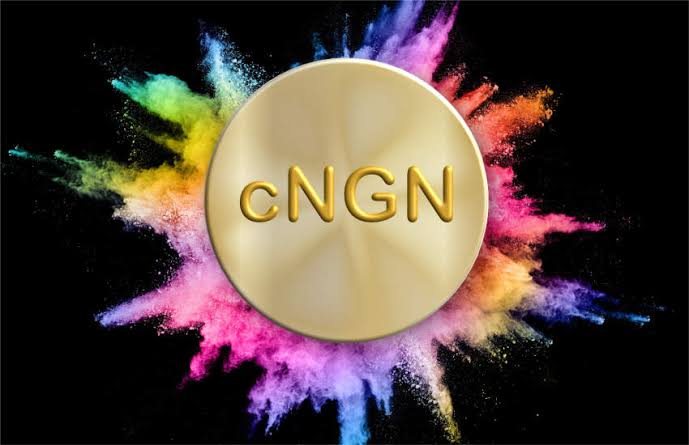The Finna Protocol, a Nigerian multi-utility stablecoin ecosystem, indicates that many firms will accept it once it goes live. It includes “heavyweights” in the cNGN consortium.
A look at the Central Bank of Nigeria’s (CBN) approval of the cNGN stablecoin and its potential adoption rate in the country in comparison to the eNaira, the country’s digital currency issued by the CBN, has prompted comments from stakeholders in the Nigerian cryptocurrency market.
The Nigerian economy and tokenholders would benefit from the new stablecoin, the cNGN, which was developed in December 2023 by the Africa Stablecoin Consortium (ASC), a partnership of Nigerian banks and fintechs.
To gain feedback on the potential adoption rate of cNGN, the stakeholders in the Nigerian cryptocurrency market were approached. The new stablecoin would be well-received by Nigeria’s crypto community, according to Rume Ophi, a crypto analyst based in that country.
As stated by Ophi, the cNGN’s success is contingent upon the amount of media attention it receives and the consortium’s endeavours to inform the public about its attributes and potential. Because Nigeria is Africa’s cryptocurrency epicentre, he added, most exchange platforms will probably list the cNGN.
Finna Protocol indicated in a post on the X platform that it is doubtful, despite the ASC reports claiming that cNGN will enhance the eNaira, a multi-utility stablecoin ecosystem in Nigeria.
According to the post, stablecoins on public blockchains cannot really complement each other like stablecoins on private blockchains can.
A large number of businesses will support the Finna Protocol once it launches, as shown by the presence of “heavyweights” in the cNGN consortium. Web3 acceptance would follow the national adoption of cNGN, according to a statement made by Finna Protocol in the X thread.
Emurgo Africa reported that the countries of Kenya, South Africa, and Nigeria are leading the way in the adoption of Web3 and blockchain technology worldwide. Nigerians have treated eNaira with contempt in spite of this. eNaira’s limited adoption is due to this lack of interest.
Rume Ophi claimed that the reason Nigeria’s CBDC failed was that people thought it was an attempt by the government to suppress the country’s cryptocurrency market.
On January 4, 2024, the CBN gave the ASC permission to test the cNGN stablecoin in its regulatory sandbox. On February 27, 2024, the consortium will introduce the new stablecoin.

